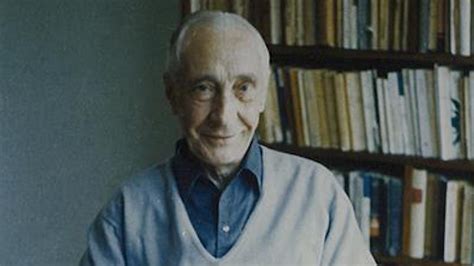A Quote by Ralph Waldo Emerson
Man is priest, and scholar, and statesman, and producer, and soldier. In the divided or social state these functions are parcelled out to individuals, each of whom aims to do his stint of the joint work, whilst each other performs his.
Related Quotes
To wade in marshes and sea margins is the destiny of certain bird, and they are so accurately made for this that they are imprisoned in those places. Each animal out of its habitat would starve. To the physician, each man, each woman, is an amplification of one organ. A soldier, a locksmith, a bank-clerk, and a dancer could not exchange functions. And thus we are victims of adaptation.
At the heart of my politics has always been the value of community, the belief that we are not merely individuals struggling in isolation from each other, but members of a community who depend on each other, who benefit from each other's help, who owe obligations to each other. From that everything stems: solidarity, social justice, equality, freedom.
We need each other to do things that we can't do for ourselves. If we are intimately connected with each other, we just give things to each other; if we don't know each other we find another way to handle it. If you think about it, each according to his or her abilities and each according to his or her needs is sort of the same thing as supply and demand.
He told me that once, in the war, he’d come upon a German soldier in the grass with his insides falling out; he was just lying there in agony. The soldier had looked up at Sergeant Leonard, and even though they didn’t speak the same language, they understood each other with just a look. The German lying on the ground; the American standing over him. He put a bullet in the soldier’s head. He didn’t do it with anger, as an enemy, but as a fellow man, one soldier helping another.
Paneloux is a man of learning, a scholar. He hasn't come in contact with death; that's why he can speak with such assurance of the truth-with a capital T. But every country priest who visits his parishioners and has heard a man gasping for breath on his deathbed thinks as I do. He'd try to relieve human suffering before trying to point out its goodness.
He and his wife loved each other and brought each other daily pain. Everything else he was doing in his life, even his longing for Lalitha, amounted to little more than flight from circumstance. He and Patty couldn't live together and couldn't imagine living apart. Each time he thought they'd reached the unbearable breaking point, it turned out that there was still further they could go without breaking.





































